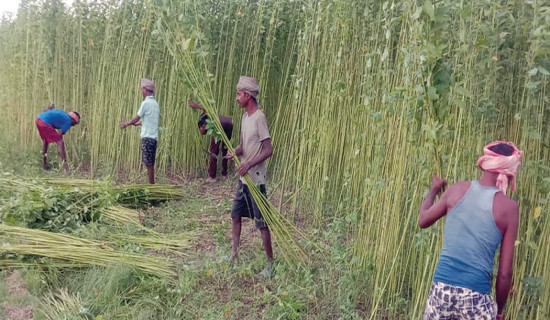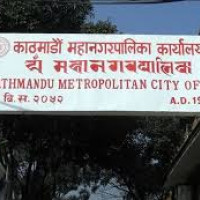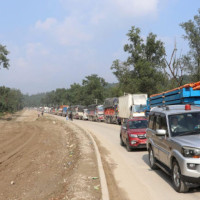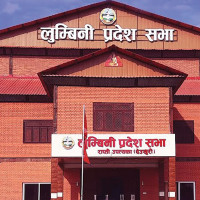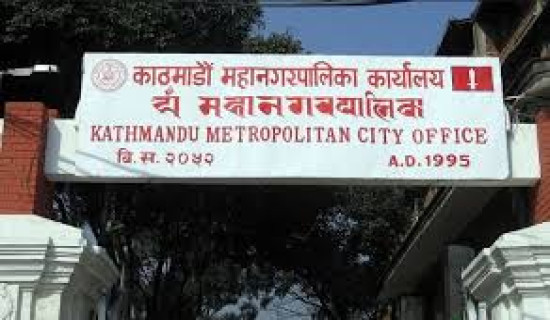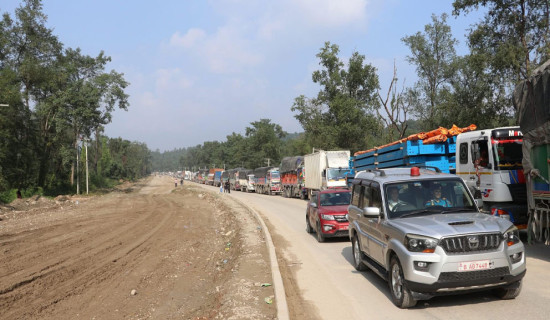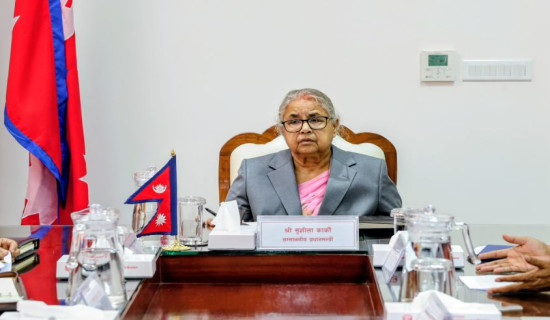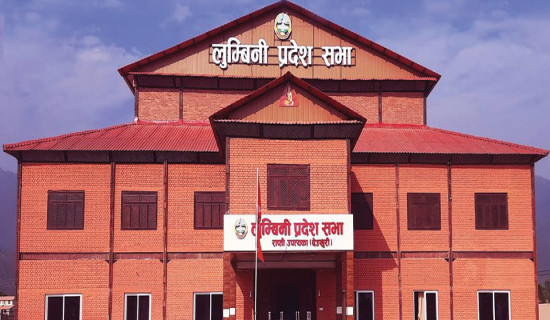- Monday, 3 November 2025
Falling jute farming lacks raw material in industry
By Jaya Krishna Yadav, Inaruwa, Sept. 1: Jute industries are facing a challenge due to the shortage of jute raw materials. These industries are importing jute from Bangladesh and India. Nepal used to export jute in the past. However, Nepal is now importing it from abroad.
Jute farming has been declining in the terai region since a decade ago. The main causes of the decrease are due to lack of high-quality seed, fertilizer, irrigation facilities, and labor. In addition, challenges to find a market and appropriate prices also add to discouragement in jute farming.
Head of Agriculture Knowledge Center, Sunsari Nil Kamal Singh, said that difficulty in finding appropriate prices compels farmers to reduce jute farming.
Jute farming was expanded by 4 thousand hectares in the fiscal year (FY)2003/04. However, it has now contracted in an area of 1352 hectares. In this concern, Singh added that lucrative earnings in vegetable and crop farming also caused a reduction in jute farming.
The Agriculture Knowledge Center informed that farming has been reduced by half in HariNagar Rural Municipality, Bhokraha Rural Municipality, and Koshi Rural Municipality.
Similarly, Jute farming was also reduced by half in Dewangunj Rural Municipality, Inaruwa Rural Municipality, and Jalpapur area.
Information officer of Agriculture Knowledge Center Yogendra Prasad Yadav informed that jute farming reduced around to 2028 metric tons per year. It used to be the main cash crop in the past.

